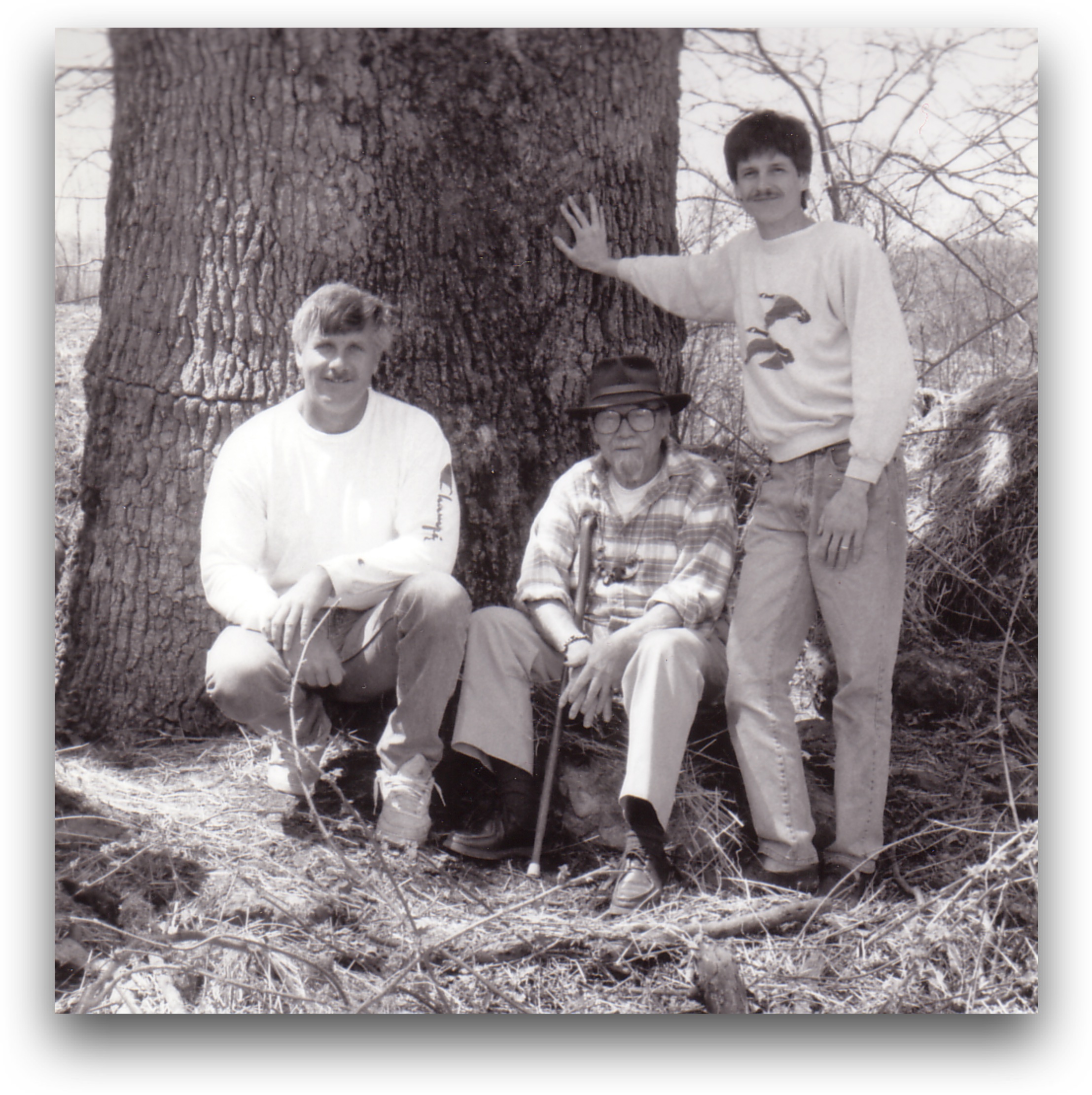Kamana Naturalist Training Program


The Kamana Naturalist Training Program is no longer available in it's original form.
We are re-naming and re-designing the flow of this powerful program to clarify cultural relationships, integrate with modern times and technology, update the science, and implement insights from experience gained since it's first publication.
We highly value, and continue to deeply honor, the people who generously contributed their wisdom to this program with the clear and strong intention that it be shared to benefit the whole, and to be passed forward to the Future Generations.
We strive to maintain the potency of the original work and uphold the integrity and value of the Kamana Graduation Certificate. If you have started on the Kamana journey, our re-design will honor the work you have done so far.
You can learn more about the Kamana Program's origins and intentions below.
We will let everyone on our email list know when the new design is available!
The Kamana Naturalist Training Program was a deeply transformational, four level, nature connection journey and learning experience designed to take participants down a path to prepare them to be a skillful and fierce naturalist.
The Kamana Path had two trails, the Awareness Trail and the Resource Trail, and each trail with many tracks. The Kamana Trails were designed to intertwine as they expanded and deepened awareness in the field, and sharpened it through journaling and sketching work with bioregional field guides and other resources.
Jon Young began researching what was later to become Kamana in 1979. Between 1979 and 1983, Jon shared his findings and ideas with Tom Brown, Jr., Jon's mentor since 1971. Tom had been mentored by an Elder Apache named Stalking Wolf, or Grandfather in the same way Tom mentored Jon. This was the foundation of Kamana emerging. Jon further researched other traditional hunter-gatherer groups on five continents and found the same pattern of mentoring and connection.
Upon graduation from University, Jon started his first mentoring program under the name Wilderness Awareness School. During this time, Jon continued to collaborate with his mentor, Tom Brown, Jr. and, the two were joined by Elder Ingwe to create the original learning and connection pathway that a few years later was given the name Kamana by Ingwe.

Tom Brown Jr., Ingwe, and Jon Young (1992 at the Tracker School in Asbury, NJ)
The name Kamana was chosen by Wilderness Awareness co-founder Ingwe (M. Norman Powell, 1914-2005). From 1920, when Ingwe was just 6 years old, his family moved from South Africa to Kenya near Mount Kilimanjaro. The only neighbors by their wilderness farm were the Akamba People, a hunter-gatherer and semi-nomadic tribe. One family among the Akamba were quick to adopt Ingwe and he grew up speaking more Kikamba (the Akamba language) than English.
The word 'kamana', according to Ingwe, is from the Kikamba language, the people who Ingwe spent his childhood with as adopted family. Again, according to Ingwe, the word means "the initiate", or "those who carry the burdens of the Warriors ('anake' in Kikamba) to demonstrate their worthiness to become Warriors in the future".
Ingwe expressed with certainty, and tremendous urgency, that the Earth greatly needs Warriors to Protect and Care for Mother Earth on behalf of the Future Generations.
As such, Ingwe was also convinced that the "burden" to be carried by the initiates is to learn deeply about, and to connect deeply with the natural world so as to be a person who can powerfully, and with wisdom, care for Mother Earth.
Click the image below to listen to a free audio recording from Jon
We are now accepting donations to help fund the re-design and other related projects (Please note this currently is not a tax deductible donation).